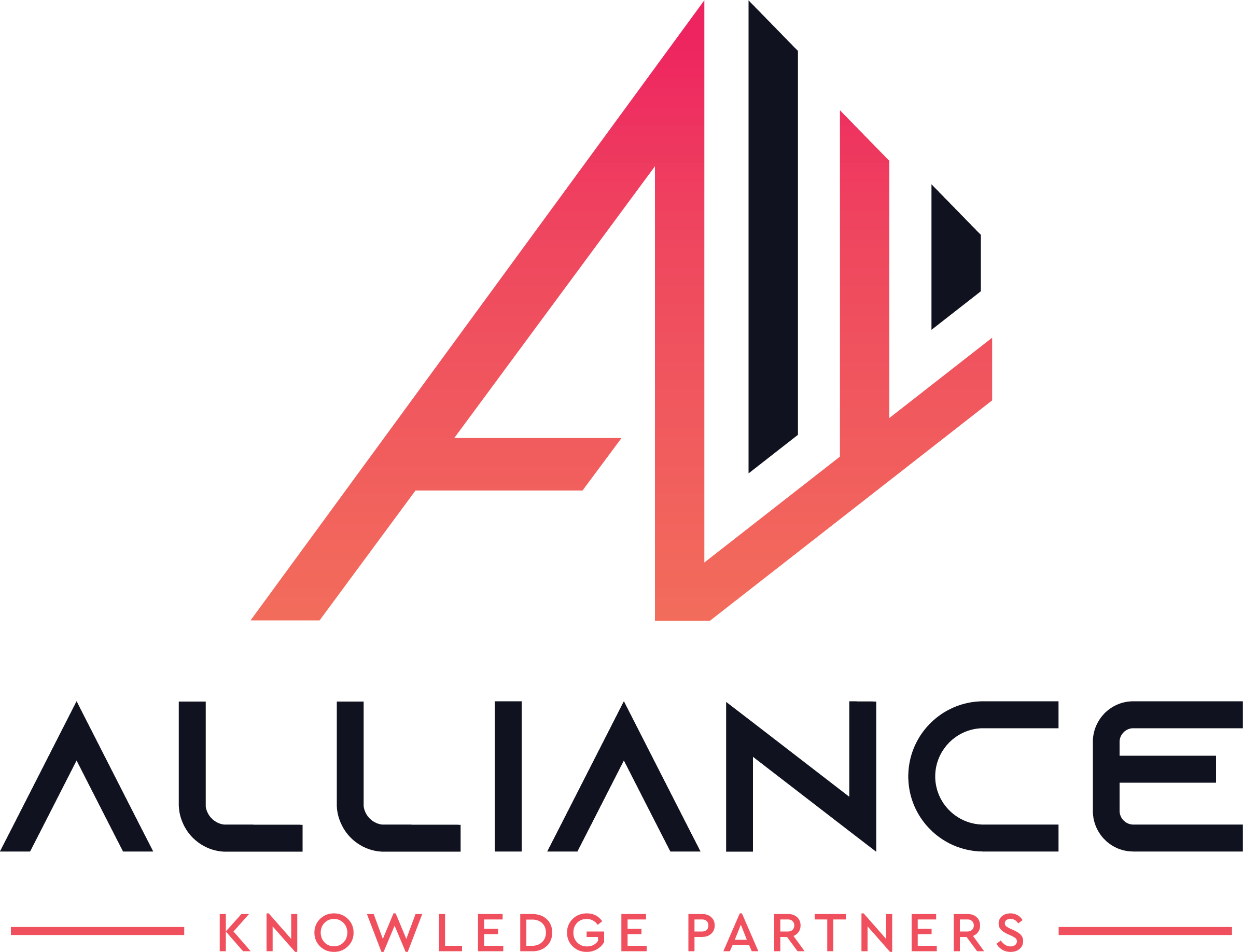You know something’s up when Silicon Valley bigwigs start changing their Twitter handles. Twitter, which now goes by the name X, is buzzing with a new term—e/acc, short for effective accelerationism. And we’re not talking about just anyone—among many prominent finance and tech bros, we’re talking about Marc Andreessen, co-founder of Andreessen Horowitz, and Garry Tan, CEO of Y Combinator and a founder of Initialized Capital. They’re not just tweeting about it; they’re adding “e/acc” to their usernames as if it’s a badge of honor. It’s not just a trendy acronym; it’s a public endorsement of a vision they find compelling.

Introduction
Have you ever wondered what the world will look like in 20 or 30 years? Will we be living in a utopia with flying cars, or will we face challenges we can’t even imagine today? The ideology of e/acc, or Effective Accelerationism, offers some interesting answers. This article will break down what e/acc is, where it came from, and why people are talking about it.
The Birth of e/acc
Ideas often start in the most unexpected places. For e/acc, it was X (formerly Twitter). E/acc emerged between May 31 and June 1, 2022, when X users @zetular, @BasedBeff, and @creatine_cycle announced they had “formulated a new philosophy…,” subsequently explaining the core idea behind e/acc.
They didn’t just stop at tweets; they went on to create a foundational document that outlines the principles and objectives of e/acc. This document serves as a sort of “rulebook,” much like the constitution serves as the rulebook for a country, guiding its principles and laws. E/acc has since evolved into a subject of study and debate in academic institutions, think tanks, and even governmental bodies.
In a Nutshell: E/acc made its debut on Twitter and has since become a focal point in tech discussions.
Core Principles
E/acc is anchored in Nick Land’s theories of accelerationism. It advocates for the notion that advancements in AI and large language models will catalyze a technological utopia devoid of scarcity. The ideology also integrates elements of Effective Altruism, which accounts for the ‘e’ in e/acc.
E/acc argues that life and intelligence are products of thermodynamic processes that aim to maximize energy capture and utility. In this framework, capitalism is seen as a form of collective intelligence that optimizes for resource allocation. E/acc advocates for accelerating these natural processes rather than decelerating them, emphasizing the importance of variance and adaptability in systems. In simpler terms, The forces of innovation and capitalism should be pushed to their limits to catalyze profound changes in society, even if it requires a total reconfiguration of the existing social framework.
Let me break down these key principles of Effective Accelerationism in lay language:
Thermodynamics in Life and Intelligence
Life and intelligence are seen as outcomes of thermodynamic processes aimed at maximizing energy capture and utility. In simpler terms, life forms evolve to be better at using available energy.
Consider a plant that evolves to have broader leaves, allowing it to capture more sunlight for photosynthesis. This is an example of a life form adapting to maximize its energy capture.
Capitalism as Collective Intelligence
Capitalism is viewed as a form of collective intelligence that dynamically allocates resources. It’s like a system that learns to put resources where they can be most effectively used.
Example: In a capitalist economy, companies that innovate and offer valuable products or services tend to attract more investment and consumer interest. This is the market’s way of allocating more resources to entities that are effectively utilizing them. For instance, the rise of tech companies like Apple or Google can be seen as capitalism’s way of directing resources toward innovation and technological advancement.
Variance and Adaptability
E/acc emphasizes the importance of maintaining variance and adaptability in systems. This means allowing for a range of different approaches and solutions, rather than trying to control everything from the top down.
Example: In the technology sector, a hands-off regulatory approach that allows for experimentation can lead to breakthroughs. For instance, the early days of the Internet were marked by minimal regulation, which allowed for a burst of innovation and the development of various business models, from social media to e-commerce to web3.
You know how some people dream of flying cars and cities on Mars? Well, e/acc is a bit like that. It says that if we keep making better computers and robots, we could live in a world where nobody is poor, and everyone has what they need. It’s like imagining the best level of a video game and then trying to get there.
E/acc is not a monolithic ideology focused solely on technological progress; it’s a multidisciplinary approach that incorporates insights from economics, social sciences, ethics, and even art and culture. It advocates for the acceleration of technological advancements not as an end in itself but as a means to achieve broader societal goals. For instance, e/acc considers how blockchain technology could revolutionize not just financial transactions but also governance models, enabling more transparent and decentralized systems. Similarly, it explores how advancements in biotechnology could transform healthcare, agriculture, and even the judicial system by enabling more precise and ethical decision-making.
(In case you are wondering how advancements in biotechnology could transform the judicial system—this might seem less intuitive, but consider forensic science. Advanced biotechnological methods could provide more accurate DNA sequencing, leading to more reliable evidence in criminal cases. Moreover, understanding the genetic factors that influence behavior could bring a new dimension to legal debates about responsibility and culpability. So, e/acc envisions a future where biotechnology doesn’t just solve isolated problems but is integrated into various aspects of society to make more informed and ethical decisions.)
In a Nutshell: Think of e/acc as a game plan for making the world as cool as your favorite video game.
Debates and Discussions
E/acc has its share of critics. The ideology has sparked a range of opinions on topics like cryptocurrency, intellectual property, and human nature. While some view it as overly optimistic, others consider it a guiding framework for the future. It’s like when you argue with your friends about which superhero is the strongest.
One of the key points of contention is the ethical dimension of accelerating technological progress. Critics argue that rapid advancements could lead to unintended consequences, such as job displacement due to automation or the misuse of it in surveillance and data collection. There are also concerns about the equitable distribution of the benefits of technology. Will the advancements truly serve everyone, or will they widen the gap between the haves and the have-nots?
In a Nutshell: While e/acc has many supporters, it also has critics who raise ethical and practical concerns.
Real-World Examples
Imagine you’re playing a game like Minecraft, where you can build anything you want. In Minecraft, you have unlimited resources, and the only limit is your imagination. E/acc envisions a future where technology could make the real world more like that game, where resources are abundant and opportunities are limitless.
To better understand e/acc, let’s consider some real-world examples. One such example is the concept of “smart digital cities,” where urban planning and governance are integrated with advanced technologies to create more efficient, sustainable, and livable environments. These cities could leverage data analytics, IoT devices, and blockchain to improve everything from traffic management to waste disposal and energy usage.
Another example is the potential transformation of the global supply chain through technologies like 3D printing and autonomous vehicles. Imagine a world where products are printed locally, reducing the need for long-haul shipping and thereby decreasing carbon emissions. Or consider the implications for agriculture, where precision farming techniques could drastically improve yields while minimizing the use of water and fertilizers, contributing to both food security and environmental sustainability.
A few years ago, the idea of cars driving themselves seemed like something out of a science fiction movie. But today, self-driving cars are becoming a reality, thanks to advancements in tech. E/acc suggests that this is just the tip of the iceberg and that we should prepare for even more incredible technological breakthroughs in the future.
In a Nutshell: E/acc believes that with the help of technology, the real world could become as limitless as a game like Minecraft or as futuristic as self-driving cars.
The Ethical Dimension
The promises of e/acc are tantalizing, but they come with ethical questions that society must grapple with. For instance, as AI becomes more integrated into various aspects of life, issues of data privacy and security become increasingly critical. Who owns the data that these systems use and generate? How do we ensure that these technologies are developed and deployed responsibly? These questions need to be addressed in parallel with technological advancements to ensure that the future e/acc envisions is not just technologically advanced but also ethically sound.
In a Nutshell: E/acc challenges us to consider the ethical dimensions of accelerated progress, both technological and societal.
Final Thoughts
E/acc isn’t just some high-brow theory or a wild guess about what the future might hold. It’s a full-on game plan that asks us to question the old rules and ideas that have been steering us so far. It gives us a new way to look at the fast-paced changes happening all around us, and it also offers some guidance on how to handle the tricky questions and challenges that come with those changes.








No comment yet, add your voice below!